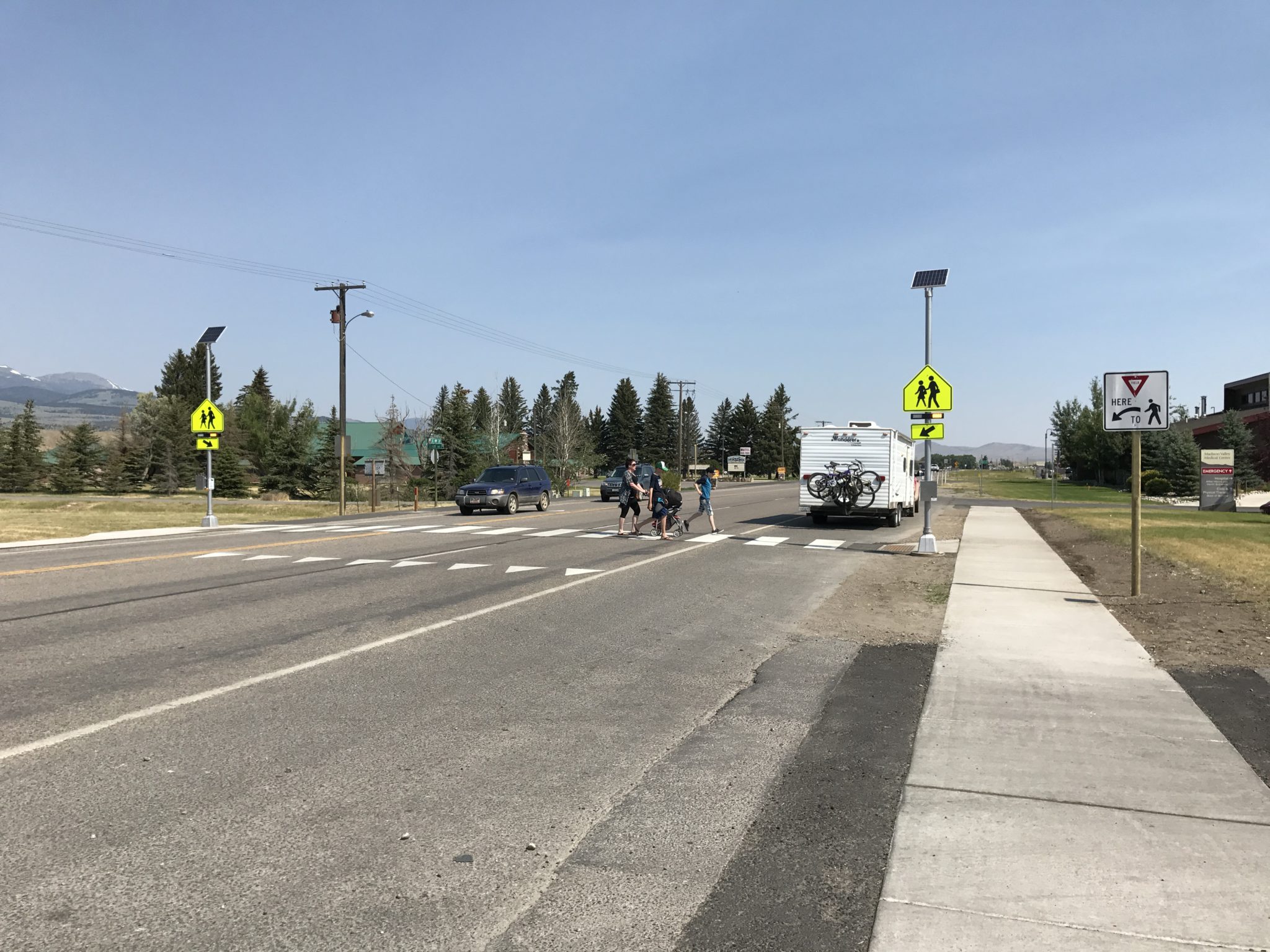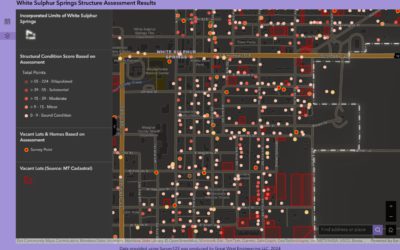Transportation planning is the collaborative process of evaluating the current state of a transportation network at a local, state, or regional level, identifying future transportation needs, and outlining implementation and funding strategies to align with jurisdictional budgets, goals and policies. Modern transportation planning moves beyond simply moving vehicles as it emphasizes providing accessible and equitable mobility for all users, regardless of their mode of transport. This includes prioritizing pedestrians, cyclists, and those with disabilities.
As with any comprehensive planning process, public involvement is a key component as it ensures that the planning effort is reflective of the needs and priorities of a community or jurisdiction. Public input is crucial as it fosters transparency and accountability, assists in decision-making, and ultimately enhances project outcomes.

Types of Transportation Planning
- Transportation Master Planning: This comprehensive planning process establishes long-term transportation goals, policies, and infrastructure improvements for a community or region. It evaluates current transportation conditions, anticipates future growth, and integrates various travel modes to create a sustainable and efficient network.
- Corridor Studies: These studies assess specific transportation corridors to improve traffic flow, safety, and accessibility. They consider roadway capacity, land use impacts, and multimodal options such as transit, biking, and walking to enhance connectivity and efficiency.
- Multi-modal Transportation Planning (Bike/Ped, Trail, etc.): This approach prioritizes a balanced transportation network that accommodates all users, including pedestrians, cyclists, and public transit riders. It focuses on enhancing mobility options, reducing reliance on single-occupancy vehicles, and improving infrastructure for alternative transportation modes.
- Transportation Resiliency Planning: This type of planning ensures that transportation systems can withstand and recover from disruptions such as natural disasters, climate change, and emergencies. It involves designing infrastructure with redundancy, adaptability, and emergency preparedness in mind to maintain mobility during crises.
- Capital Improvement Plans: These plans outline infrastructure investments and prioritize transportation projects based on funding availability and community needs. They help governments and agencies allocate resources effectively for road repairs, transit expansions, bridge upgrades, and other critical improvements.
- Downtown Master Planning and Revitalizations: Focused on enhancing urban cores, this planning type integrates transportation improvements with economic development and land use strategies. It seeks to create walkable, vibrant downtown areas by improving streetscapes, parking, transit access, and pedestrian connectivity.
- Public Transit Assessments and Evaluations: These evaluations analyze transit systems’ effectiveness, coverage, and efficiency to identify areas for improvement. They consider ridership trends, service frequency, and accessibility to optimize public transportation services and meet community needs.
- Asset Management: This approach involves systematically tracking, maintaining, and upgrading transportation infrastructure, including roads, bridges, and transit systems. By using data-driven decision-making, agencies can extend asset life cycles, optimize budgets, and ensure long-term system performance.
- ADA Compliance and Transition Plans: These plans assess and improve transportation infrastructure to meet the requirements of the Americans with Disabilities Act (ADA). They focus on ensuring accessibility for all users by addressing barriers such as sidewalks, curb ramps, transit stations, and pedestrian crossings.
- Concept Development: This early-stage planning process explores potential transportation solutions and project alternatives before detailed design and construction. It includes feasibility studies, stakeholder engagement, and preliminary engineering to determine the best approach for addressing mobility needs.

Transportation planning is important as it can influence everyday life such as commute times, access to recreation, walkability, and overall quality of life. Planning efforts are important as they can identify community and jurisdictional priorities, project considerations such as environmental and right-of-way impacts, and outline stakeholders required to achieve successful implementation. Transportation planning can provide the necessary public involvement and community engagement that can garner community support and collective agreement resulting in a decrease in project opposition and late-term criticism that can arise in design and construction phases. Additionally, as transportation planning is generally the first step in executing a larger transportation project, if done appropriately, it can situate a project to apply and/or receive state and federal dollars to fund design and construction activities.
We recognize that effective transportation planning is essential for fostering connected, resilient, and thriving communities. Great West Engineering is committed to helping communities navigate the complexities of transportation planning. Whether developing master plans, conducting corridor studies, or enhancing multimodal networks, we provide strategic, community-driven solutions that improve mobility, safety, and accessibility. By working collaboratively with stakeholders, we ensure transportation projects are well-positioned for funding, implementation, and long-term success. To learn more about how our team can assist your community with it’s transportation planning needs, contact us today!
LATEST NEWS
Beyond the Blueprint: How GIS Enhances Engineering & Planning Solutions
Geographic Information Systems (GIS) have become an essential tool for communities striving to make smarter, data-driven decisions. From infrastructure planning to public engagement, GIS provides a dynamic way to visualize, analyze, and manage data across a wide range...
Yearly ROSE Award Winners
At Great West Engineering, we take pride in recognizing the dedication and hard work of our team. Each year, the Recognition of Special Effort (ROSE) award honors employees who go above and beyond—those who step up, make a difference, and inspire those around them....
Holiday Spirit in Action – Great West’s Commitment to Giving
As the holiday season approaches, one of the highlights is our fundraising efforts to support local families in need. Since 2015, this has been an annual tradition at Great West Engineering, and it’s truly heartwarming to see our staff come together to contribute to...



